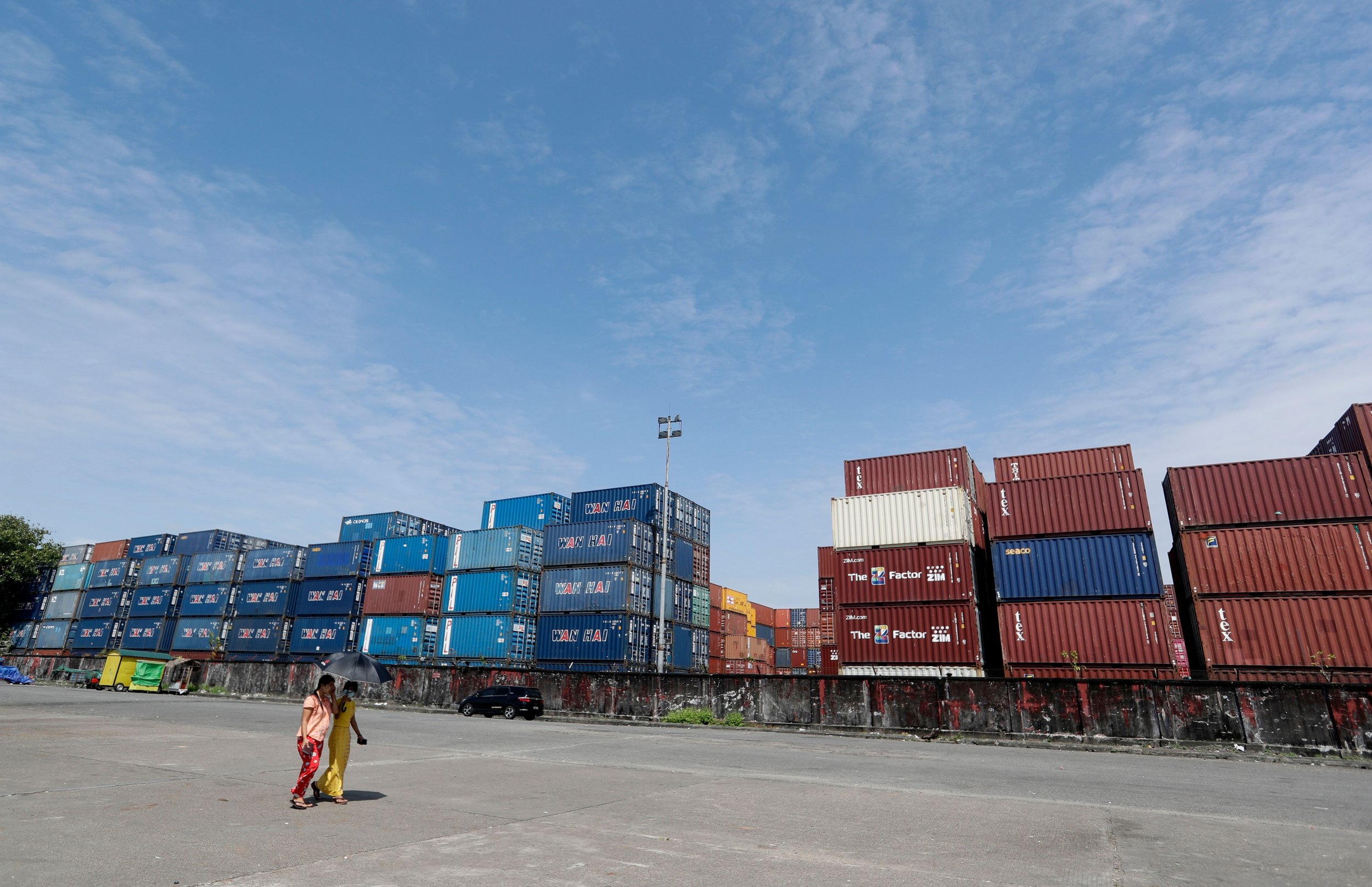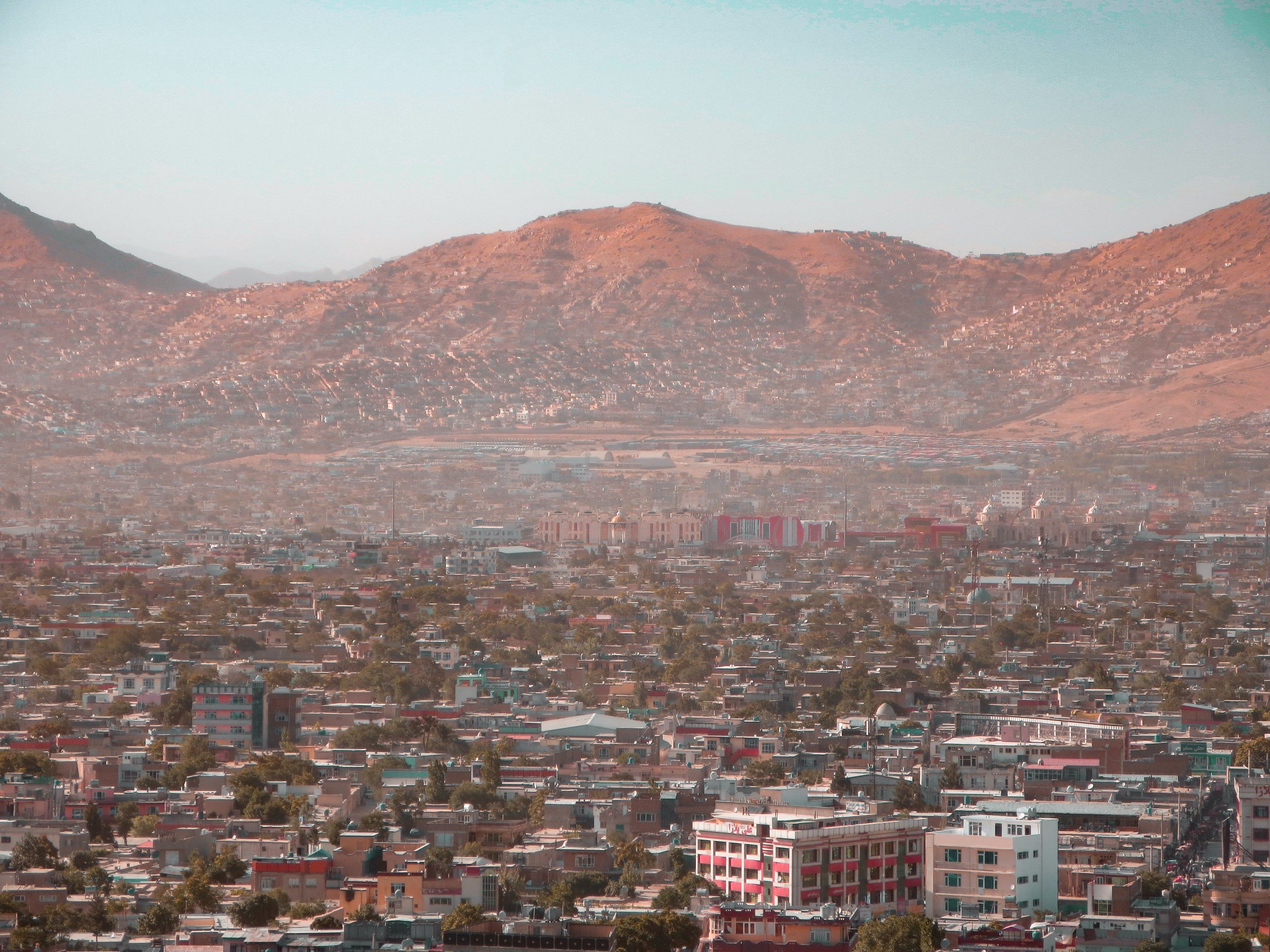PROJECTS
Here, you will find a one-stop-shop for each SOC ACE research project including publications, information about events and external engagement, media and contact details for researchers.
Negotiating with criminal groups: Colombia’s Total Peace policy
This research results from the opportunity provided by the approval and implementation of the Total Peace policy in Colombia, a country that, despite the signature of a peace process in 2016, still has numerous armed and criminal groups inflicting significant violence onto the population. The Total Peace policy allows the government to negotiate with armed and criminal groups in order to reduce violence and protect life, providing a unique opportunity to conduct research on ongoing negotiations. This project aims to research the legal framework applied for the different types of engagement at the local and national level, the way in which criminal governance and the Total Peace policy interacts and identify the extent into which legal frameworks and local criminal governance structures shape negotiations with armed and criminal groups in Colombia.
The evolution of SOC and Development: Interactions in policy and practice
This research examines the evolution of thinking on SOC and development since 2011 and includes a policy review to understand how they’ve evolved as separate, and larger approaches. Key government officials engaged in the SOC-development policy debate since 2010 will be interviewed to identify government priorities to engage on the development/ SOC nexus, and the challenges that were faced at different times.
Developing government information and accountability systems for combating serious organised crime: Medellín demonstration project
Like most cities, the Medellín Mayor’s Office and the Colombian police focus their efforts on managing what they measure--homicides and violent crime. While of course there are legitimate reasons to tackle violence, there is relatively less attention to other deleterious effects of SOC: high levels of civilian extortion, criminal political control of civilians, criminal capture of local state and community governments, retail drug sales, and so forth. In addition to being costly in and of themselves, these actions also undermine the local control and legitimacy of the state. We believe that these harmful consequences are overlooked in part because they are not measured. We aim to demonstrate the feasibility of collecting a wide variety of metrics on SOC and establish the practice of collecting, monitoring, and using these metrics for policy analysis and program/policy design and evaluation.
Unlocking the black box of political will on IFFs: Going beyond technical responses
The harms on economies and societies are significant when proceeds of crime and corruption are moved unimpeded through the global financial and trade systems. As policymakers are looking to identify ways to respond better to illicit financial flows (IFFs), this research project seeks to better understand what enables IFFs, if there is political will to address IFFs and what interventions have been successful in addressing IFFs as part of a politically sensitive approach. The overarching conclusion of the initial research was that the line between business, politics and crime has never been more blurred. The research proposes a framework, the so-called ‘IFFs pyramid’, to explain the three dominant means by which IFFs are enabled, moved and held: financial flows, trade flows and informal flows. In its second phase, the research project is testing the use and applicability of this framework in East and Southern Africa and the Mekong region.
Para-statal armed groups, illicit economies and organised crime
This two-phase research project starts by examining the nexus between parastatal armed groups (PAGs), illicit economies and organised crime, with a particular focus on the borderlands of Afghanistan, Myanmar and Colombia. In two research papers, this first phase has explored the relationship between coercive brokers, public authorities and frontier governance, how paramilitaries become involved in illicit economies and organised crime, the relationship between paramilitaries, organised crime and politics, and what policy combinations can address coercive brokerage in conflict-affected borderlands. The second phase has brought together policymakers to explore new approaches to addressing the challenges posed by paramilitaries. Case studies highlighting key lessons from interventions in Colombia, Myanmar and Northern Ireland will be produced along with two further research papers.
State capture and serious organised crime in South Africa: The case of the South African Revenue Service
This research project is a detailed case study of state capture at the South African Revenue Service (SARS). State capture is more endemic than ordinary corruption at an individual level and occurs at a far wider systemic level. State capture entails a systematic and well organised effort of a group of people to misdirect public resources from their intended purpose into the hands of a private elite for corruption and political patronage purposes. It is supported by high-level political protection through the infiltration and weakening of state institutions.
Incorporating serious organised crime into understandings of elite bargains & political settlements
This research builds on previous work on how states and societies that are in the throes of violent conflict can evolve from exclusionary political systems anchored in narrow pacts and agreements among elites (or what is referred to in the literature as “elite bargains”) into more peaceful, open, representative and inclusive political systems in the longer term (see the synthesis report here). An important insight from that research was that organised crime actors remain a significant gap in the evidence base on elite bargains and political settlements (or the ‘rules of the game’, both on paper and how they are …
Evaluating Afghanistan’s past, present and future engagement with multilateral drug control
This research is part of the project ‘Monitoring the evolution of the illicit economy in Afghanistan’ which seeks to develop an overarching framework to better understand how a monitoring system for illicit markets in Afghanistan could operate. This will provide policy-makers in Europe and elsewhere with more advanced tools for scenario planning illicit trade developments and thereby formulate more effective policy responses against them. With the Taliban capturing control of Afghanistan, what the new regime will mean for illicit economies in the country, the region and the global community more broadly, and how they may evolve in the future, is the subject of this analysis.
Transnational governance networks against grand corruption: Law enforcement and investigative journalists
Grand corruption is a transnational problem requiring cooperation among anti-corruption actors. Law enforcement actors find that cooperation is difficult to achieve. This has been attributed to; the political sensitivity of investigations, lack of trust among agencies, difficulties in sharing intelligence securely, weaknesses and discrepancies in capacity, and organisational incentive structures that favour quick and easy cases. However, investigative journalists, increasingly cooperate across borders to investigate, and expose corruption. This research explores these two under-researched sets of anti-corruption actors, specifically the challenges to cooperation and possible solutions among law enforcement agencies; among investigative journalists; and between the two groups of actors.
Assessing the illicit finance and terrorist financing nexus in the case of Afghanistan since the fall of the Taliban in 2001
With the fall of the Ghani government in August 2021 and the return of the Taliban to power in Afghanistan, the future of the international community’s financial relationships with the governing regime in Kabul should be reassessed. An understanding of the difference between illicit finance risks and terrorist financing risks emanating from the country, as well as the nexus between them, is critical for this purpose.
Combatting trade-based money laundering: Do the Financial Action Task Force recommendations bite?
The Financial Action Task Force (FATF) focuses on combatting money laundering. In February 2012, it codified its recommendations setting the global standard on combating money laundering and terrorist financing. Countries voluntarily accept FATF recommendations and must produce their anti-money laundering (AML) framework for assessment by FATF once they’ve accepted. This project examines eight African and Middle Eastern countries that voluntarily implemented these recommendations from 2012 to 2020. It tests the hypothesis: Does implementing FATF recommendations reduce trade gaps? Using a ‘difference in difference’ methodology the project tests whether suspected illicit financial flows (IFF), measured through the trade-gap methods, decline after the decision to implement FATF recommendations.
Human trafficking in the Afghan context
Decades of wars and internal conflicts have driven generations and millions of Afghan families into impoverishment, illiteracy, unemployment, and displacement, rendering them unable to provide for their household members, particularly children. Political instability and conflicts have increased human suffering and vulnerabilities, eroded community resilience, stripped people of legitimate and viable economic options, opportunities, and livelihoods, as well as amplifying (in several cases also creating new forms of) human trafficking activities and practices. The research first provides a brief overview of human trafficking situations, forms, their widespread reach and practices in the Afghan context before and after the Taliban’s takeover in August 2021.
Illicit markets and targeted violence in Afghanistan
This project examines the potential of using illicit market violence in Afghanistan as a proxy to project current and future trends of other illicit and criminal market development in the country. It does so by using a methodology developed by GI-TOC to examine targeted assassinations. By applying variables from the methodology to research and analysis on targeted violence in Afghanistan during a period of increased violent crimes against civilians (2020-2021), the project map recent trends in the country and aims to explore whether monitoring such violence can serve as a proxy for understanding the changing dynamics of illicit economies and criminal actors at the national and regional scale.














